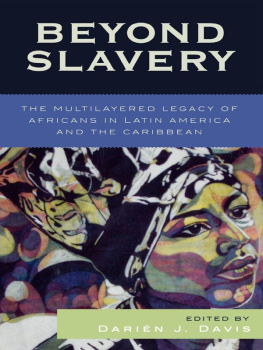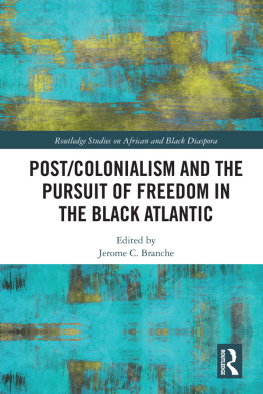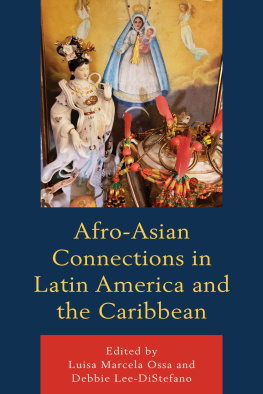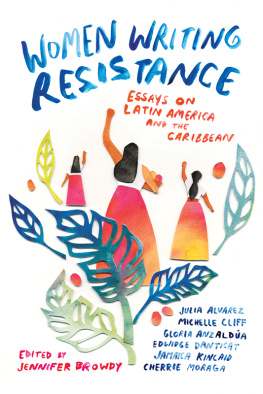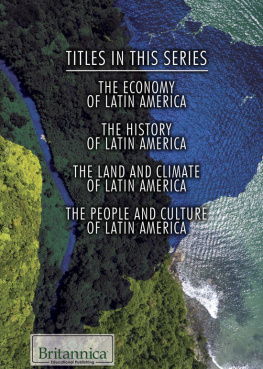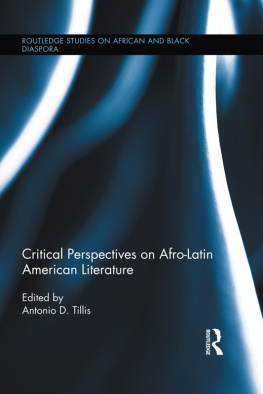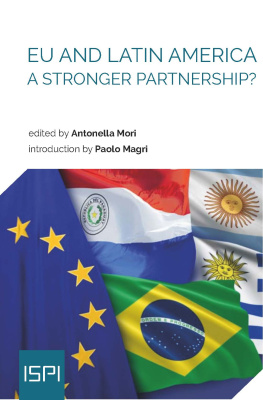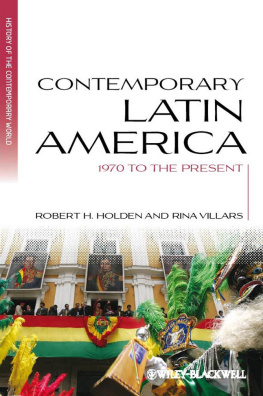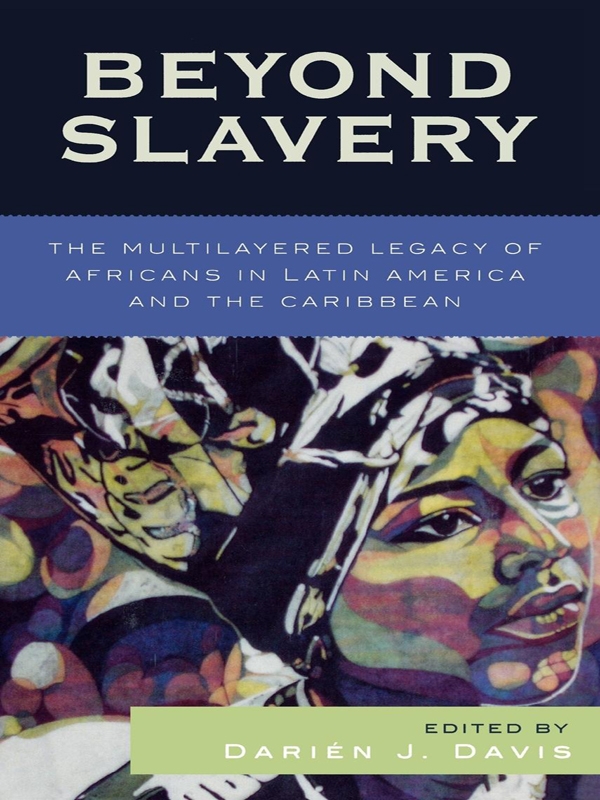Committee on the Elimination of Racial Discrimination (CERD) United Nations High Commissioner on Human Rights
Franklin H. Williams Caribbean Cultural Center-African Diaspora Institute
408 W. 58th Street
New York, NY 10019
Telephone: (212) 307-7420
www.caribecenter.org
National Association for the Advancement of Colored People (NAACP) NAACP Branch & Field Department
4805 Mt. Hope Drive
Baltimore, MD 21215
www.naacp.org
Time Line
1791 On August 21, a slave uprising erupts near Le Cap in St. Domingue (Santo Domingo) and spreads like wildfirethe beginning of the end of slavery in the French colony.
1794 The French National Convention emancipates French colonial slaves.
1804 On January 1, Haitians proclaim the independent Republic of Haiti.
1805 The Constitution of Haiti provides that any slave arriving in Haiti is automatically both free and a citizen of the country.
1807 England and the United States prohibit their citizens from engaging in the international slave trade.
1813 Gradual emancipation is adopted in Argentina.
1814 Gradual emancipation begins in Colombia.
1815 At the Congress of Vienna, Britain compels Spain, Portugal, France, and the Netherlands to abolish the slave trade (though Spain and Portugal are permitted a few years of continued slaving to replenish labor supplies).
1817 On September 23, Great Britain and Spain sign a treaty prohibiting the slave trade: Spain agree to end the slave trade north of the equator immediately, and south of the equator in 1820.
1820 Britain begins to use its naval power to suppress the slave trade.
18221844 Haiti occupies Spanish Santo Domingo.
1823 Slavery is abolished in Chile.
1824 Slavery is abolished in Central America.
1829 Slavery is abolished in Mexico.
1831 Slavery is abolished in Bolivia.
1838 Slavery is abolished in all British colonies.
1842 Slavery is abolished in Uruguay.
1848 Slavery is abolished in all French and Danish colonies.
1851 Slavery is abolished in Ecuador, and the slave trade is ended in Brazil.
1854 Slavery is abolished in Peru and Venezuela.
1862 Slave trade ends in Cuba.
1863 Slavery is abolished in all Dutch colonies.
18651870 The War of Paraguay results in the death of thousands of black soldiers fighting for Uruguay, Paraguay, Brazil, and Argentina
1865 Slavery is abolished in the United States as a result of the Thirteenth Amendment to the Constitution and the end of the Civil War.
1871 Gradual emancipation is initiated in Brazil.
1873 Slavery is abolished in Puerto Rico.
1886 Slavery is abolished in Cuba.
1888 Slavery is abolished in Brazil.
1902 Cuban independence is declared (although Cuba includes a provision in the constitution that gives the United States the right to intervene in its national affairs).
1900 The first Pan-African Congress is convened.
1912 Race wars in Cuba begin.
1932 The publication of the journal Lgitime dfense marks the beginning of the Negritude movement.
1933 The French Negritude movement is founded.
1940 The most progressive and socially responsible constitution in Cubas history declares racism illegal in Cuba.
1944 The Black Experimental Theater is founded in Rio de Janeiro by Abdias do Nascimento and Ruth de Souza.
1948 The General Assembly of the United Nations adopts the Universal Declaration of Human Rights.
1959 The Cuban Revolution begins.
1960s The civil rights movement in the United States serves as an inspiration to blacks across the Americas. In the midst of the Cold War, however, and governed by right-wing dictatorships, Latin Americas black movement would not have an impact on the national or international scene until the late 1980s.
1978 The Unified Black Movement in So Paulo is founded.
1988 A century of Brazilian abolition is celebrated. The Palmares Foundation in Brazil is established as a project to promote black Brazilian rights. The foundation functions as a quasi-independent state institution for in the accreditation and granting of lands to quilombos, communities of the descendants of former runaway African slaves.
1992 During the commemorations for the five hundred-year anniversary of the arrival of European culture in the Americas, indigenous and black organizations come together to protest genocide and European exploitation in the Americas. This year also witnesses the assassination of Maria Elena Moyana, a black Peruvian who fought for the rights of Perus poor.
1993 Colombias Federal Law 70 assigns seats in its National House of Representatives to Afro-Colombians, making Colombia the only country in Latin America to adopt racial quotas.
1996 Uruguay hosts the First Conference against Racism and Xenophobia, which becomes a catalyst for Latin American pan-Africanism.
2000 Native and black Brazilians join together to protest and call attention to the plight of their communities during the five hundred-year anniversary of the arrival of the Portuguese in Brazil.
2001 The World Conference against Racism, Racial Discrimination, Xenophobia and Related Intolerance takes place.
2002 Brazils Workers Party (PT) wins the presidency and control of Congress in Brazil. President Luis Lula Incio da Silva appoints four Afro-Brazilians (Gilberto Gil, Benedita da Silva, Marina Silva, and Matilde Ribeiro) to top posts in his cabinet. PT later establishes the Ministry for the Promotion of Racial Equality (SEPPIR).

